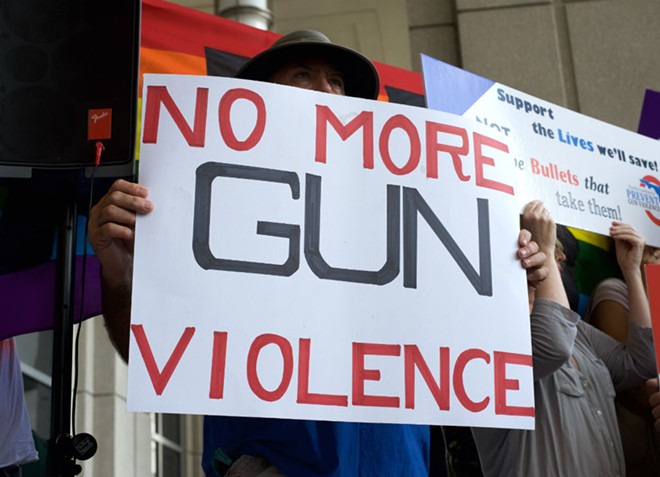Hillsborough schools take final steps to implement Stoneman Douglas Public Safety Act
Posted By Ray Roa on Thu, Jun 6, 2019
The Hillsborough County School Board has taken the final step in implementing the Marjory Stoneman Douglas High School Public Safety Act.
On Tuesday, the board unanimously voted to adopt a threat assessment teams policy, which helps administrators, teachers and students know what to do if there are any students who may be a threat to others or even themselves.
The end goal of the teams is to get the student help before anyone is harmed.
District spokesperson Tanya Arja told WTSP that the district already had procedures in place, but the vote now makes threat assessment teams part of official policy. Hillsborough schools Supervisor of Clinical Care Michael Kelleher told BN9 that help could come in the form of “mental health support, behavioral modifications or disciplinary actions, depending on the situation.”
There will also be increased surveillance of data from public social media, the Department of Children and Families, the Department of Law Enforcement, the Department of Juvenile Justice and local law enforcement. Under the bill, the Florida Department of Education’s (DOE) Office of Safe Schools is supposed to work with the Florida Department of Law Enforcement to create a "centralized integrated data repository and data analytics resources."
Improved mental health access has been lauded by some, but the ACLU says that such efforts must also “be supported to ensure full funding and commitment.” The nonprofit added that students’ privacy rights must be prioritized so that those struggling with mental health issues are not villanzied. Other concerns include increased youth arrests and the disparate treatment of minorities like youth of color, LGBTQ+ youth and youth with disabilities, who the organization says are more likely to be arrested.
Kelleher added that the threat assessment policy is not a crystal ball, but a proactive measure.
"We're really trying to hit this early on,” he said, “to hit the threat early on, to notice the threat early, to intervene early."

No comments:
Post a Comment